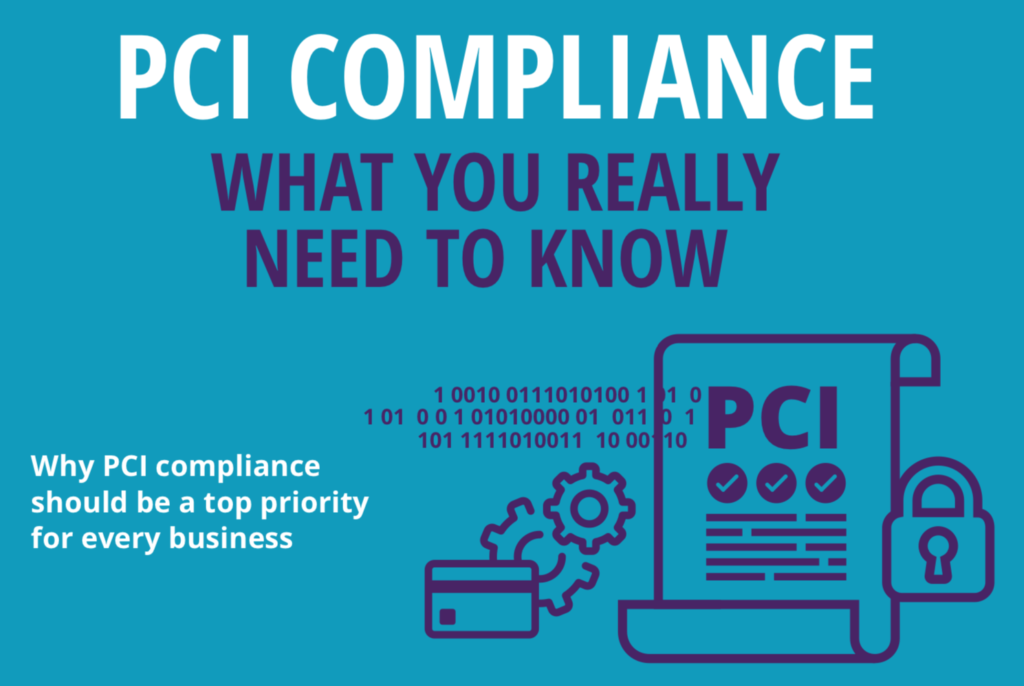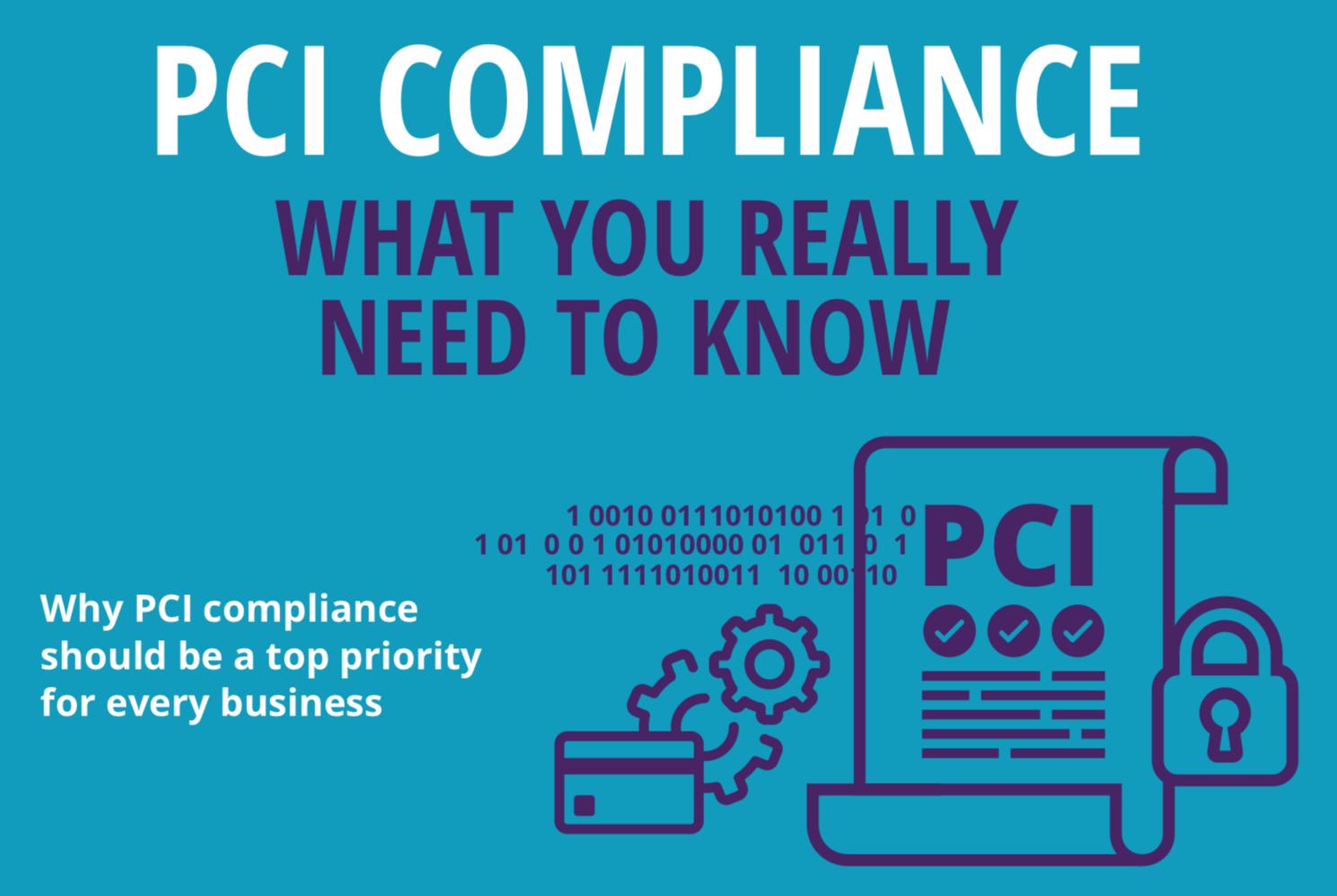
No PCI Compliance Fees
PCI Compliance refers to a set of security standards that have been created to make sure that all merchants and businesses that accept and process credit card data maintain a secure environment for transaction security. Complying with PCI standards is mandatory, and there could be a number of severe consequences for being non-compliant. If there’s a security breach and the merchant or business is found to be PCI non-compliant, they may be subject to some heavy fines. Apart from fines, payment processors may also charge a monthly fee. It is possible to get a merchant account with No PCI Compliance Fees.
Different types of businesses will have to meet different requirements to maintain PCI compliances. Following are some ways to stay PCI compliant and avoid non-compliance fees:
Determine Your PCI Level and Scope
Merchants that process over six million transactions on annual basis are considered level 1, while those that process 1-2 million transactions are considered level 2. Level 3 merchants process 20,000 to a million transactions on annual basis. Anything less is designated level 4. Each level must follow certain PCI compliance requirements.
Apart from determining your merchant level, you will need to determine your compliance scope as well:
- Scope involves any component, person, or process that processes, stores, or transmits cardholder data
- Components include computing applications and devices, routers, networking devices, servers, etc.
Determining compliance scope will help you learn about the entities that handle your credit card data. After all, you can’t protect and secure what you don’t know. It is also recommended that you document any changes in your business’s security and review the documentation on regular basis to make sure that no errors are made.
Complete a Self-Assessment Questionnaire
You can find self-assessment questionnaires at the PCI-SSC website. Different types of businesses will have different relevant questionnaires. Each questionnaire has a series of yes or no questions that can help a business determine how closely they meet the PCI DSS requirements. Any “No” answer indicates a red flag and will require appropriate action. Generally, businesses lag behind in PCI compliance in the areas of failed SSL certificate verification, outdated security protocols, and vulnerable authentication credentials. Once you submit a formal self-assessment, you should face no pci compliance fees but are always legally and financially responsible for customer losses incurred by a Data Breach. This is a very important fact that is typically overlooked in business owners’ thinking. So beware, as the consequence could be devastating. !!!!
Encouraging your employees to become certified under CompTIA Advanced Security Practitioner will equip them with advanced technical skills, high-level security knowledge, and will ensure that they can optimally self-assess the security position of their organization.
Create and Maintain a Secure Network
It is highly recommended that you find an IT contractor that you can trust. With little technical expertise, it would be a good idea to leave the important tasks of network firewalls and security to those who specialize in it. PCI compliance requires businesses and merchants to use systems that stop unauthorized access by unknown, untrusted factors. Once you implement firewall:
- Create a reliable password program.
- Change all the default passwords.
- Make sure to change passwords from time to time.
Last but not least, always keep your firewall up-to-date and operational.
Train Your Staff
About 60% of data breaches occur due to the negligence of employees. Employees are often the weakest security link. Unfortunately, many businesses don’t invest enough time and resources to properly train them for security. Creating customized programs for individual roles of employees is the best way to train them. For example, an operational manager will require different training than a front-desk officer. Since humans tend to forget easily and repetition is the best way to retain information, it is recommended that you train your staff on a monthly basis instead of a yearly basis.
The CompTIA Advanced Security Practitioner Certification is a great way to make sure that employees that handle critical data are equipped to understand, retain, contrast, and compare security procedures and policies based on business requirements.
Hire a Security Professional
Consider working with a qualified security assessor or a security expert to ensure full PCI compliance. These trained professionals understand all the detailed requirements of PCI-DSS and data security and have the required technical knowledge and expertise to guide you through the entire process. You may not need a PCI-DSS audit if you are a small business, but it would still be beneficial to consult with a PCI professional.
Conclusion
PCI Compliance is one of those things that are easy to overlook, particularly for small business owners who want to accept credit card payments. Failure to follow the PCI standards can result in heavy fines and fees. Not to mention it also makes your business vulnerable to serious security breaches. So, use the above-listed guidelines to ensure that your payment systems are safe and secure. It is also highly recommended that you hire a high-risk merchant services provider that is PCI-compliant for added peace of mind and convenience.
Get Help With No PCI Compliance Fees Today !!!!
Contact us today to get started at 1-877 493-4622
About The Author

Mark Sands, the co-founder of High Risk Merchant Account LLC, is an authoritative expert in the high-risk merchant account space. Mark has decades of experience in the payment industry & enjoys writing on entrepreneurial-related topics.



